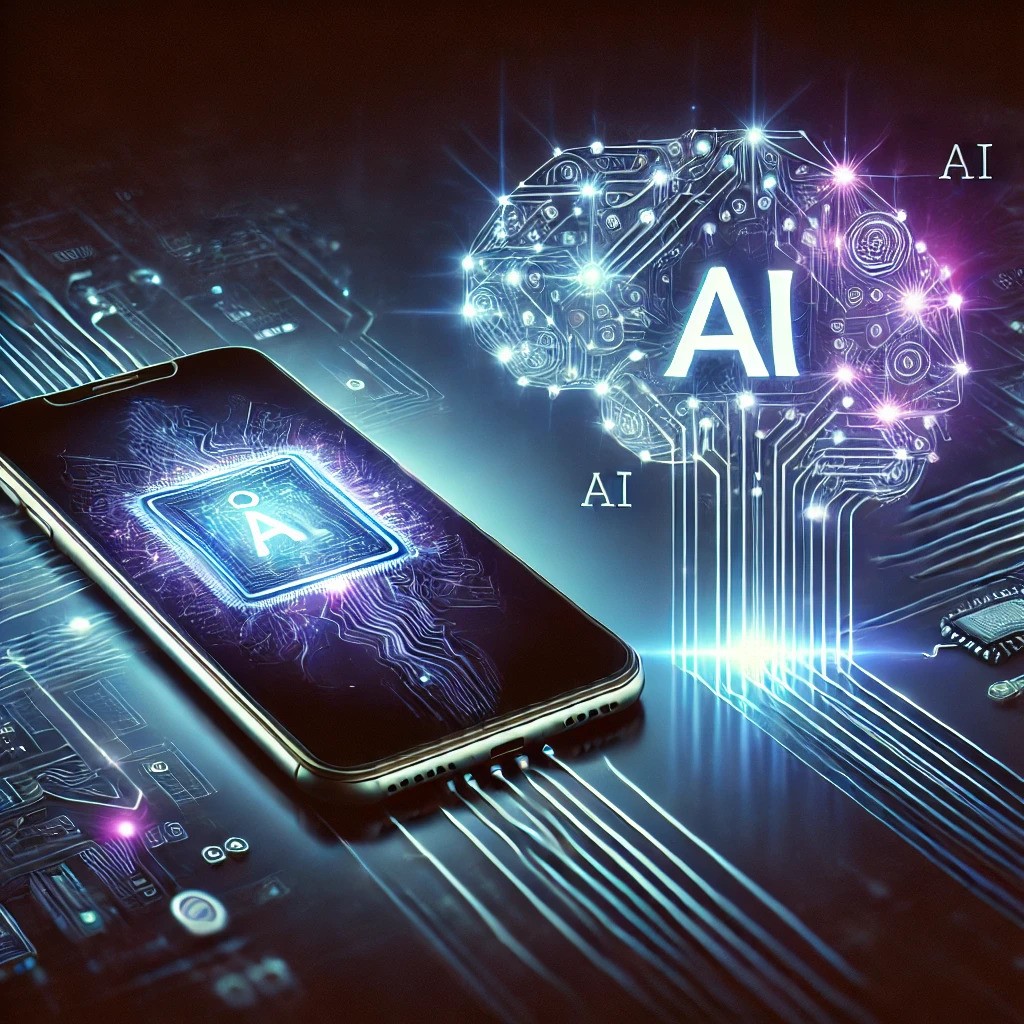
In today’s fast-paced digital world, mobile app development has evolved significantly with the integration of Artificial Intelligence (AI) and Machine Learning (ML). These technologies have transformed how apps function, making them more intelligent, efficient, and user-friendly. For any mobile app developer, incorporating AI and ML can lead to enhanced user experiences, better automation, and improved decision-making capabilities. As AI continues to advance, its role in app development is only expected to grow, shaping the future of mobile applications in remarkable ways.
Enhancing User Experience
One of the primary benefits of AI and ML in mobile app development is their ability to enhance user experience. AI-powered chatbots and virtual assistants provide instant customer support, reducing response time and improving engagement. Apps like Siri, Google Assistant, and Alexa utilize natural language processing (NLP) to understand and respond to user queries more effectively. Additionally, AI-driven recommendation engines personalize content based on user preferences, boosting user retention and satisfaction.
Personalization and Predictive Analytics
AI and ML enable mobile apps to offer highly personalized experiences by analyzing user behavior, preferences, and interactions. Streaming services like Netflix and Spotify use AI to recommend content based on past activities. E-commerce apps leverage predictive analytics to suggest products tailored to individual customers. This level of personalization not only enhances user satisfaction but also drives higher conversions and sales.
Improved Security and Fraud Detection
Security is a critical concern in mobile applications, and AI plays a vital role in identifying and preventing cyber threats. AI-driven algorithms detect unusual user activities, helping prevent fraud and data breaches. Facial recognition and biometric authentication, powered by ML, provide enhanced security layers in apps, ensuring user data remains protected.
Automated Testing and Debugging
AI and ML streamline the mobile app development process by automating testing and debugging. AI-powered testing tools analyze code, detect bugs, and optimize app performance, reducing development time and costs. Automated testing also ensures app stability and functionality across different devices and operating systems, leading to a more seamless user experience.
Smart Automation and Voice Recognition
Voice recognition technology, driven by AI, has become an integral part of modern mobile apps. Virtual assistants, speech-to-text applications, and smart home automation rely on AI to provide accurate and real-time voice recognition services. This technology improves accessibility and convenience, making mobile apps more user-friendly and efficient.
Future of AI in Mobile App Development
As AI continues to advance, its role in mobile app development will only expand. Emerging technologies such as AI-powered augmented reality (AR), computer vision, and edge computing will further enhance mobile app capabilities. AI-driven automation will enable developers to create smarter, more intuitive applications that cater to user needs in innovative ways.
Conclusion
AI and ML are revolutionizing mobile app development, offering intelligent solutions that enhance user experience, security, and efficiency. For any mobile app developer, leveraging these technologies is essential to stay competitive in the ever-evolving digital landscape. As AI continues to shape the future of mobile applications, businesses and developers must embrace its potential to create cutting-edge, user-centric solutions.




Leave a Reply